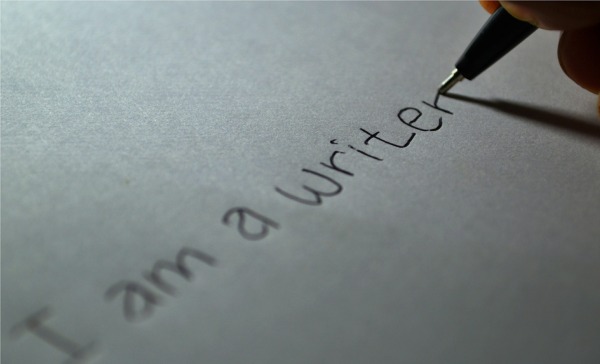But, how do I make my writing sophisticated?
I hear these kinds of questions, especially from high school or university students. They feel that their writing should now “sound” more intelligent, so they add all kinds of words, clauses, and phrases that tend to do quite the opposite!
Here are better ways to improve the quality of your writing:
Make your writing clear. 
Make your writing concise.
Make your writing understandable
Provide support, detail, explanations, anecdotes, and so forth to help the reader understand your argument, point of view, or opinion. Spend time to fully understand your own thoughts and connections to the material so that you can write about the ideas intelligently.
These are far more important than complicating the issue.
When students, or any writers for that matter, force their writing – the quality becomes worse. Making something “sound” more complicated than it really is does not help the reader (or the teacher ) in any way.
Your ideas can be original and attractive, but they don’t need to be mired in arcane language or complicated sentence structures that lead the reader nowhere.
I have read students’ essays that aim to impress, but the writing is so convoluted that the meaning is lost. When I ask them to explain, they often say, “I’m really not sure what I meant, but doesn’t it sound good?” Their hope is that the teacher or professor will find something in that mess to admire. This is a very poor method!
Some of the best writers, in fact, make a concerted effort to ensure that their writing is as uncomplicated as possible. That does not mean “dumbing-down” (as one of my students said to me recently). It means that you are doing your job to help the reader comprehend your intentions.
It is the ideas and thoughts that are important. You want the reader to be impressed, or at least persuaded, by your argument, opinion, or description.
If the reader does not understand your work, he or she will not be impressed. (Although I have heard people say, “He must be a great writer, I couldn’t understand a word of it!”)
Work on sentence structure and grammar. Make sure you follow the basic rules and conventions of writing. Don’t think of the rules as restrictive. Recognize that they actually free the rest of your mind to be creative in thought, networking ideas, and expounding upon your take on a particular topic.
Want a place to start? Try these discount coupons, and I will help you.
Brush up on the basics and apply them well, and you will see higher grades. Better yet, the quality of your writing will continue to improve.
Of course, as you become more proficient, you might notice that your sentences are longer and more “sophisticated,” but they retain the clarity of purpose as well.
Most of all – keep writing!
As with any skill, you get better with practice, especially if you pay attention to the weak spots. Try to take on constructive advice and make the necessary adjustments to keep  improving.
improving.
For more information, lessons, and programs check out the website.



 she is so graceful.”
she is so graceful.”


 paragraph should be at the beginning of the paragraph – often the first sentence.
paragraph should be at the beginning of the paragraph – often the first sentence. made the case for your argument or point of view. This can be especially useful in argument paragraphs because it leads the reader to your conclusion drawing them in with your amazing proofs and supports.
made the case for your argument or point of view. This can be especially useful in argument paragraphs because it leads the reader to your conclusion drawing them in with your amazing proofs and supports.


 imaginary classmate. (Suggestion – pick someone you like!)
imaginary classmate. (Suggestion – pick someone you like!)







 Ron – well, a slightly younger version! 🙂
Ron – well, a slightly younger version! 🙂